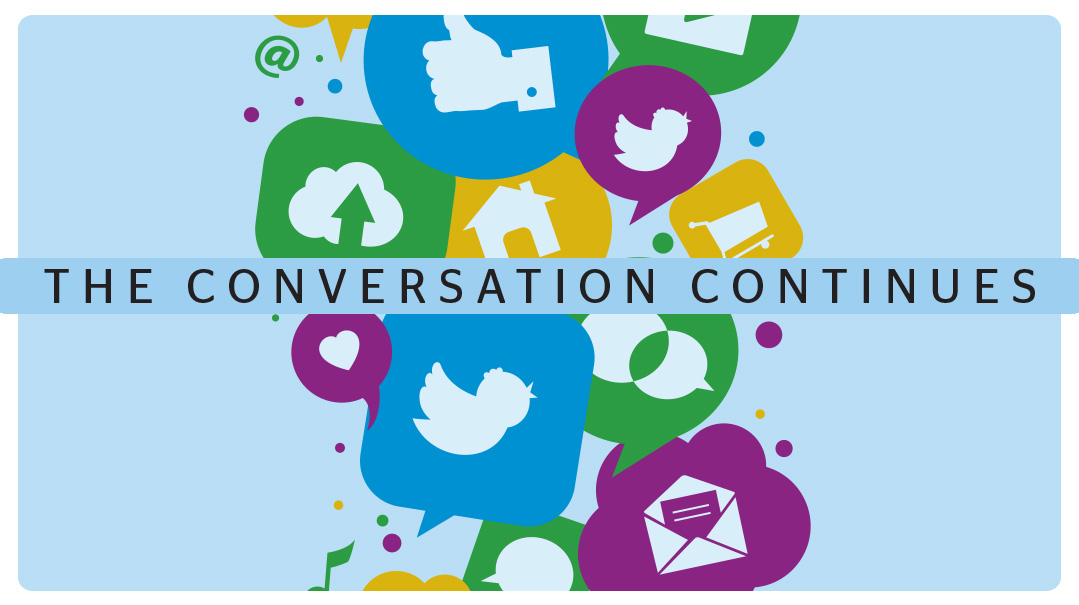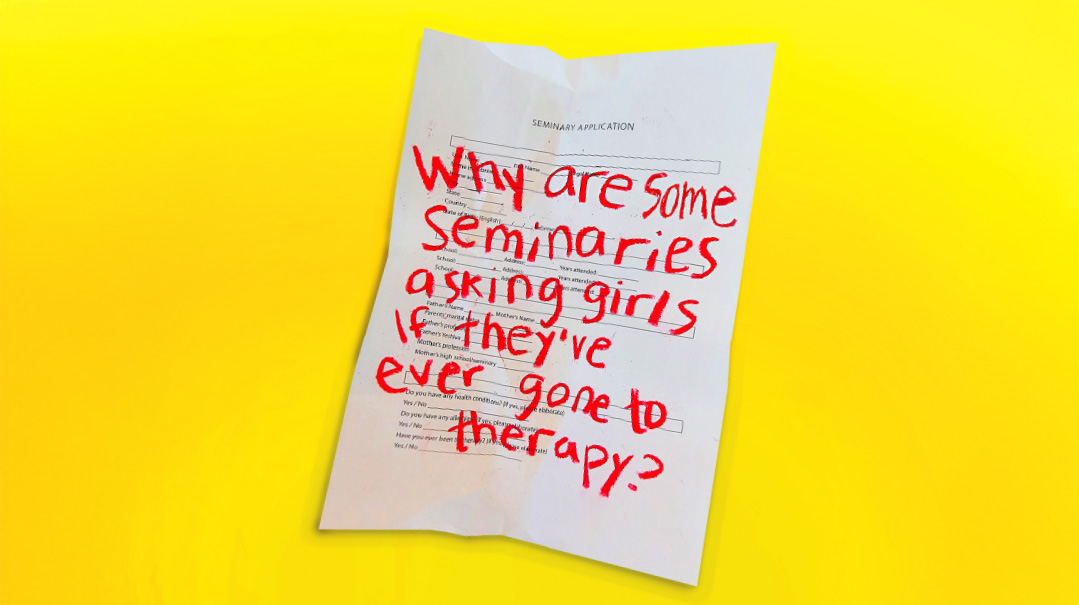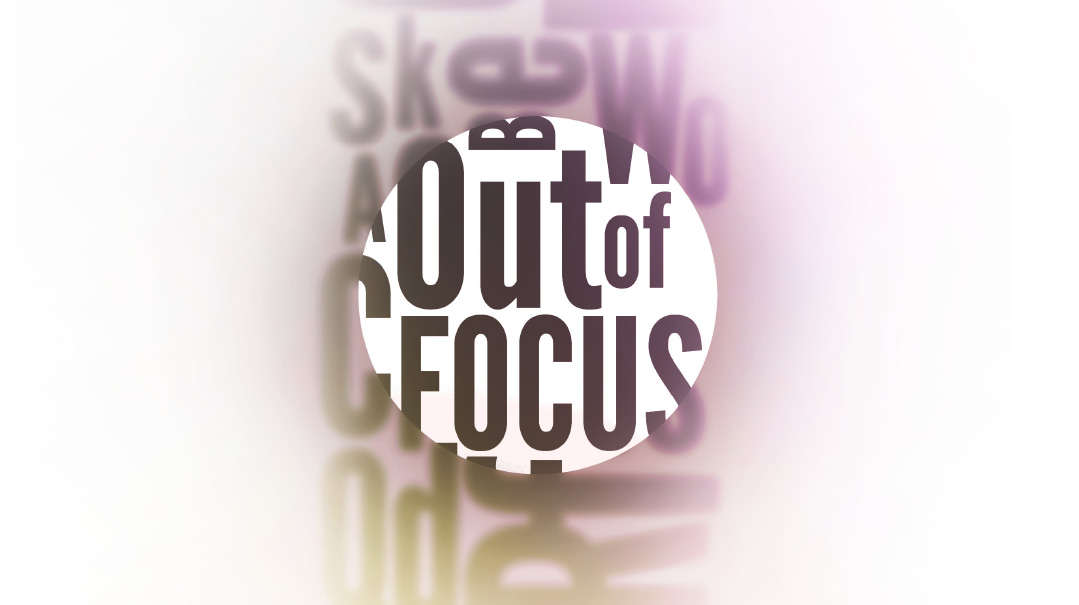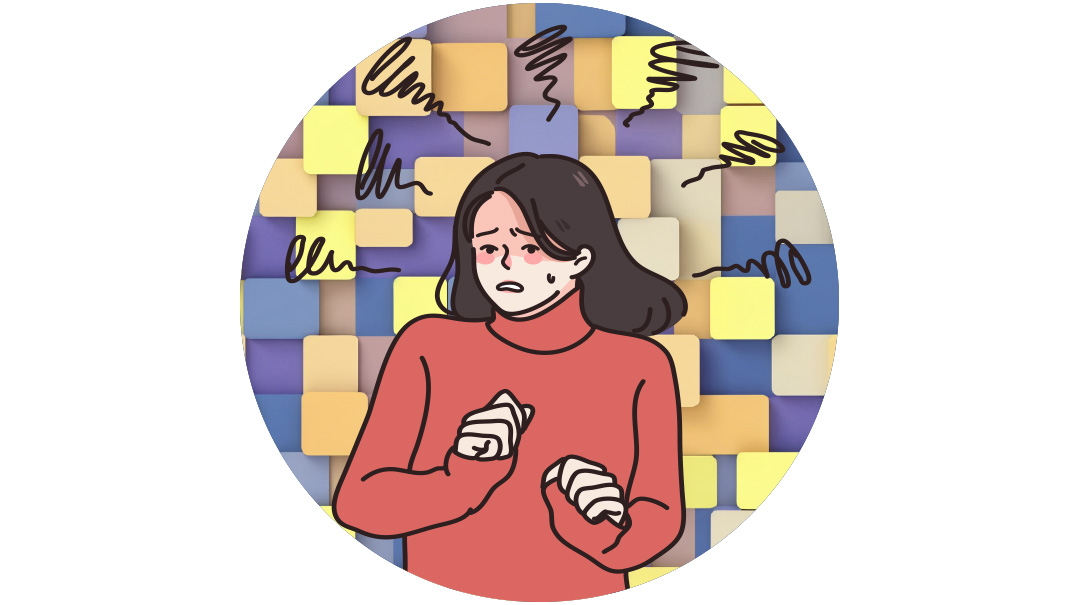Follow Me Where? The Conversation Continues
| May 3, 2022Are they afraid we won’t get it? Are they afraid we will see them as less than? Are they afraid that we have no flexible thinking?

What Changed?
A struggling teacher in Brooklyn
I teach a popular technology curriculum in two high schools, but I’m seriously looking to stop, because more and more, I’m finding that what I teach doesn’t resonate with enough of my students.
The sweet, eager student I have in 12th grade, who never owned so much as a flip phone, is getting a smart phone with a quasi-filter six months out of school. When I shared this with my principal in one school, she was incredulous, and I think still doubts I’m right. She wondered how it was possible that after all the chizuk and inspiring gatherings the girls seem to connect to that they could and would throw out so much — and so soon. As the one who coordinates many of these assemblies, I should be carrying more hurt, but instead I am carrying a fire to have realistic conversations and ask the one question nobody seems to be asking: Why? What changed?
Another principal I shared this with asked me, “Maybe we should bring in people who have been hurt by the Internet and social media to speak to the girls.” Personally, I do not think that is helpful.
Many of my students read the articles you ran, and when I taught them just a few days after Pesach, all they wanted was my opinion on the series.
I gave them some lame words. I cannot speak my mind, which contradicts the hanhalah I work for. I greatly respect them and I think that we all are trying. And I also feel that we have to think hard — not about who we want our students to be, in theory, but who they really are. We also have to think about why, as young adults, they’re often not asking nor sharing the many moves they make technologically. Are they afraid we won’t get it? Are they afraid we will see them as less than? Are they afraid that we have no flexible thinking? If that is what we have taught them, I fear we have shut their ability to make better decisions.
Not Just a Tool
Shaina King
In your discussion of social media, Rabbi Bensoussan calls the Internet “a tool” that can be used productively or misused, like any other tool.
But is social media also “just a tool”?
I’m not sure. A car is a tool, a hammer is a tool, language is a tool. These things can be “used or misused,” depending on the intent of the person using them. But social media is different in three ways. One, it was intentionally designed to encourage increasing use and engagement. Two, it creates for the user a kind of “alternate reality.” And three, social media is designed this way because the platform benefits from your use.
Social media is a tool — but the tool is not in your hands. You are not using social media; it’s using you. The creators of social media platforms benefit every time you use their platform. They gain money and power through your use. It is not an accident that people overuse or misuse social media. Social media platforms were deliberately designed to make that happen.
Is that really a pareve “tool”?
Rabbi Bensoussan then identifies one of the problems of social media as the “presentation of carefully curated storybook lives” and advocates “vulnerability” instead.
Oy. These days, vulnerability is the new perfection. But again, it’s a “carefully curated” vulnerability: Not T4, and not TMI, but precisely calibrated to project “I’m perfect, but don’t worry, I’m human.”
Even if it was “authentic vulnerability” (lol), that would still be problematic. Because the problem is not showcasing your perfect life, the problem is showcasing your life. It doesn’t matter if your showcased life looks perfect or if it includes your vulnerabilities. Showcasing your life lacks tzniyus, period.
Rabbi Bensoussan states, “True connection happens by bonding over difficulties and imperfections.” But that doesn’t happen in social media, even “vulnerable” sharing on social media. You can have a fun, flirty friendship over social media, but if you want true connection and bonding, you need to live and relate in the real world.
Not So Simple
A Mother Who’s Learning
I’m still grappling with everything that was written about social media.
To me, social media was always off-limits, and I understood that those using it were doing so with disregard for our rabbanim’s guidelines. I had always heard that social media was a place for people to be “social,” and that in most rabbanim’s view, that was a dangerous path and one to be avoided at all costs. Email to communicate with someone for business purposes is a much safer route. A website without interaction but simply about acquiring a product has purpose. To me this was so simple.
A few months ago, my oldest daughter and her husband went to our rav to talk about a dilemma within her business. She was being advised to use social media, and she, being our daughter, was adamant that she wouldn’t. Six months in, there was a choice: shut the business or get in people’s faces to sell. She was ready to close the business, but my husband felt that she should talk to our rav first. They spent 45 minutes picking apart the business structure and then 45 minutes more where the rav laid out cardinal rules (including not sharing anything other than her product). She also put on a filter with time limits. They also made up to revisit with the rav every few weeks.
The rav told her that a few years ago, he said no to anyone who came in asking about social media. He said he remembered, 13 years ago, giving the first “yes” to a person who asked about building a website. He explained he felt strongly that one needs to hold out on every form of Internet use until one can’t anymore. In my daughter’s line of business, customers need to have lots of infomercials, which social media allows for. The rav explained that he wasn’t giving a blanket heter for all platforms, but only for the one that really served the purpose she needs.
I appreciated Rena Beane’s article about giving up her Instagram account, because I think it is commendable. I also appreciated the intro to Sarah Rivkah Kohn’s article that explained that it was not meant to encourage use of social media. I think and I know that social media is a really dangerous place (as is the Internet as a whole!) and holding out is wise and hashkafically sound. I also think that if one uses it, one needs to set up real boundaries and real guidelines and ask some of the excellent questions the articles raised.
How Did This Become Kosher
Concerned in Lakewood
I read the feature article on social media with rapt interest, as this is something that touches a personal chord.
I do interior design and I know my business would benefit greatly if I put myself out there on Instagram. I am not an active user or account holder, but I do check it from time to time to see what’s happening. I see other designers and related businesses gain fast attention and feedback, and I gotta say, it’s tempting. But I feel it’s wrong, and I’m not sure how it became so kosher and accepted in our insular community.
Men complimenting women and women commenting to men. Pictures with total lack of tzniyus. Boasting became normal (?). Little video clips with glamorous women and secular music in the background. Comments and thoughts that are against our values.
Breeding ground for jealousy and comparison. And let’s be real — as you’re hopping from account to account, everyone bumps into some garbage accounts that we don’t necessarily close right away.
As a side point, who are all the followers? If it’s not for business purposes, do they seriously have no life and just follow other people?
When I brought my device to be filtered at the TAG office, I curiously questioned the person there what his opinion on Instagram is. In his words: “It’s killing Klal Yisrael.”
What can we do about this on a practical level? I understand that businesses gain so much at practically no cost, but there has to be something we can do. Can we set up a Jewish platform that gets screened for content?!
Can someone join me on this?
(Originally featured in Family First, Issue 791)
Oops! We could not locate your form.







